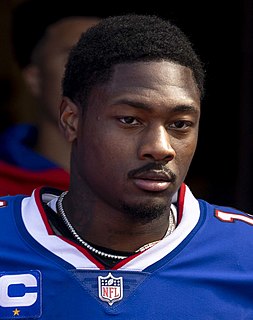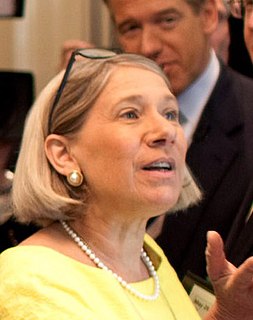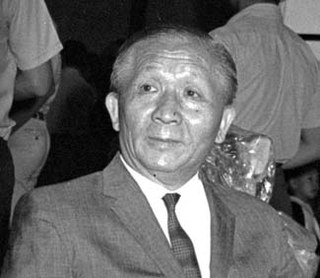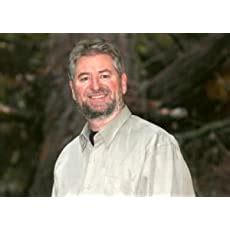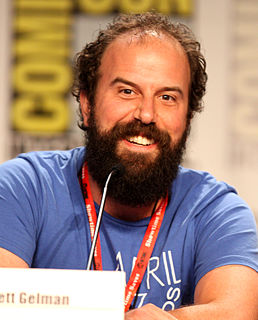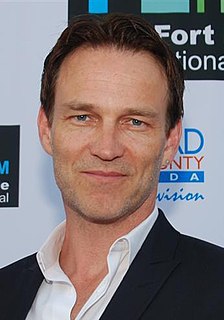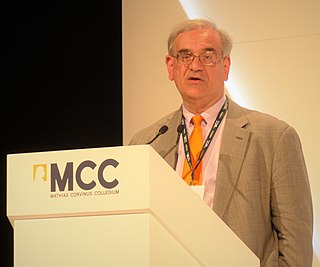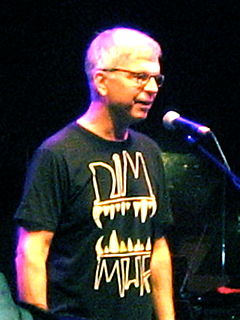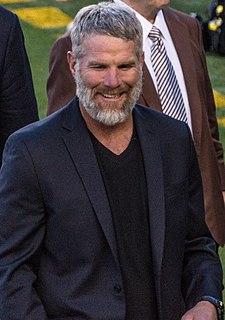A Quote by Bernice King
My father provided some very important guidance in how we deal with conflict and polarization.
Related Quotes
The social and political climate came from discussions about how we could find conflict in the wake of a 100-year-long war ending. But as we know in the real world, just because a war ends it doesn't mean that everything turns happy and peaceful. That provided us with some new kinds of conflict for us to explore in 'Korra.'
I found that whenever I encountered a situation, rather than just reacting to it, it was tremendously useful to think carefully about how I should react to it and other situations like it. Besides providing me with more thoughtful responses in each of these cases, approaching things this way provided me and others with guidance on how to deal with similar situations when they came up in the future.
The Son is called the Father; so the Son must be the Father. We must realize this fact. There are some who say that He is called the Father, but He is not really the Father. But how could He be called the Father and yet not be the Father?... In the place where no man can approach Him (I Tim. 6:16), God is the Father. When He comes forth to manifest Himself, He is the Son. So, a Son is given, yet His name is called 'The everlasting Father.' This very Son who has been given to us is the very Father.
Self-censorship has become a part of me. I think because we live in a place where community is very important, family is very important, you feel the weight of how people look at you. Even though I might seem very modern and very liberated, I still have a lot of issues to deal with. I'm scared of how people look at me.
Our characterization of collective folly is that sound judgment is not feasible when there is forced or false agreement in groups. We also show how group polarization sets the stage for risky and even dangerous decisions to be made. How we navigate between false agreement and polarization is the kind of mastery that collective wisdom represents.

